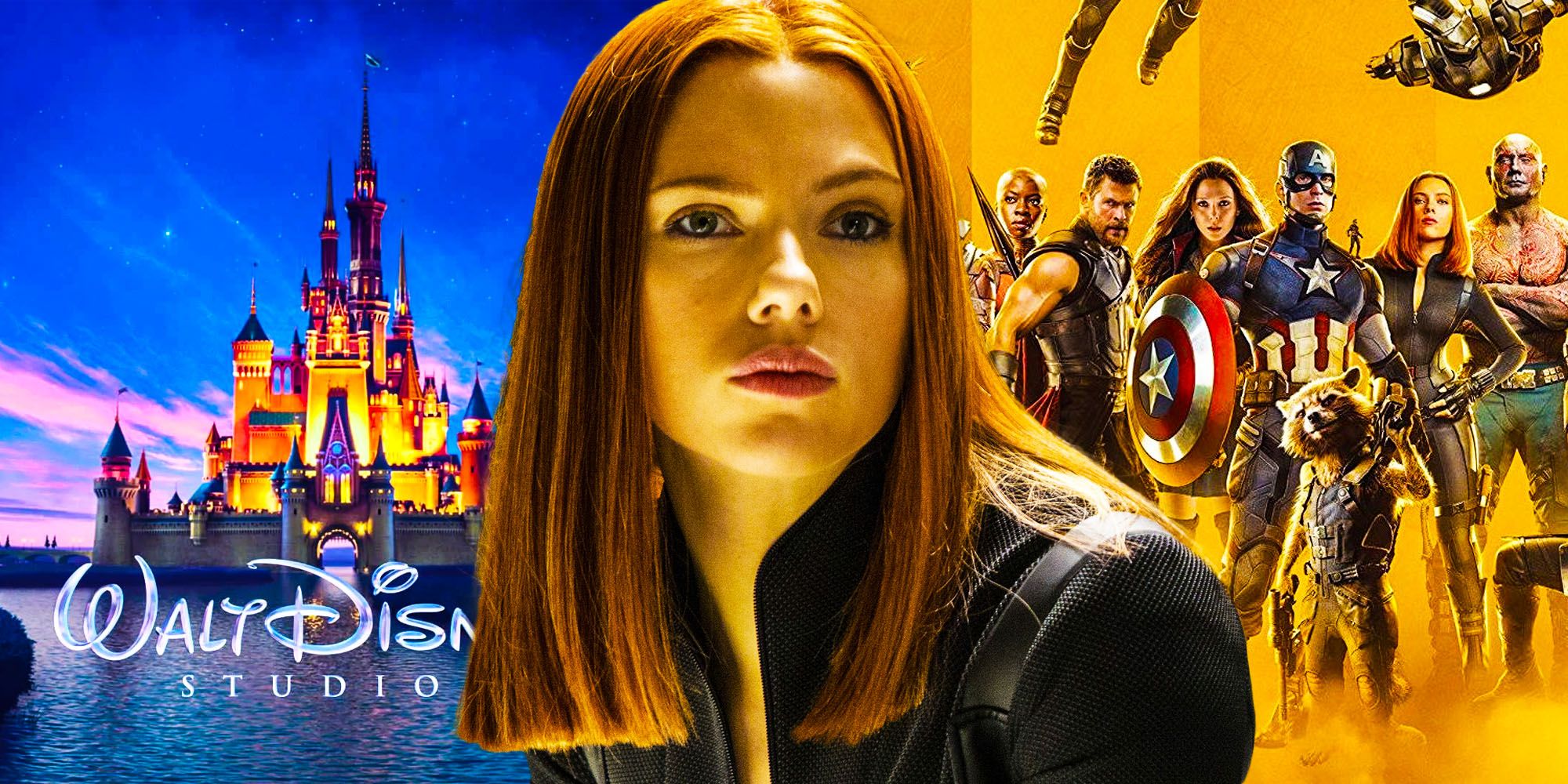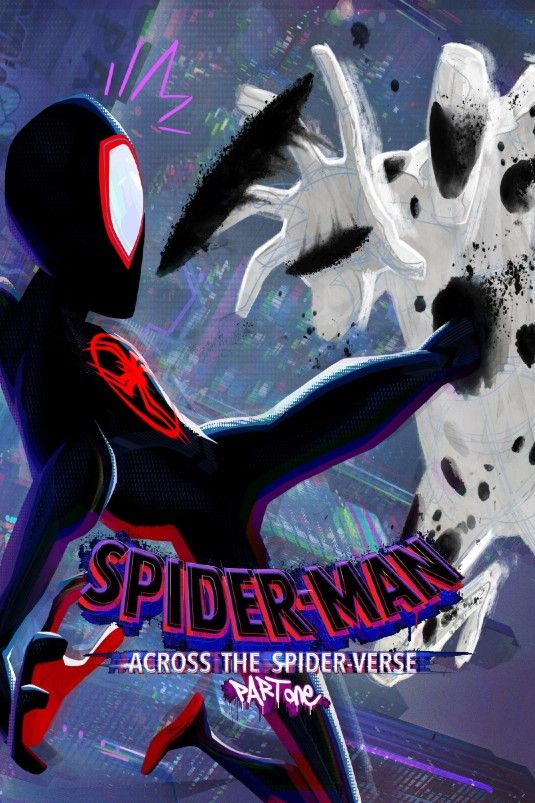Scarlett Johansson's lawsuit regarding Black Widow being distributed on Disney+ has hurt Disney - but the effects have not impacted Marvel Studios in quite the same way. Owed royalty payments specifically for theatrical release profits, Johansson's contract guaranteed such a release, a guarantee that was violated by the simultaneous debut on Disney+ Premier Access. Disney's response has been criticized as being harsh and defamatory - and their provided excuse, that the global pandemic made their streaming release the only reasonable approach, fails to address their breach in contract.
Marvel Studios head Kevin Feige has reportedly expressed anger and embarrassment as to how Johansson has been treated - a distinctly different response, and one that paints the Marvel movie division in a much more positive light than its parent company. The optics of this lawsuit have been bad for Disney, with concern by talent and creators that if the company should be victorious, other contracts might be treated similarly. While Marvel Studios may not have the autonomy to override Disney's decision, they are also unlikely to face the same degree of backlash from fans.
In some regards, Johansson's future with Disney seems to be in jeopardy, but does it matter? Black Widow was Johansson's swansong from the MCU, and while Disney's various subsidiary companies afford the giant a tremendous market share of entertainment properties, the star is unlikely to have difficulty finding future projects. (She's already been cast in Wes Anderson's new film.) Still, the gesture from Disney, openly using the public as a means of defense against Johansson and her lawsuit, may be too damaging. With confidence shaken in their willingness to follow through on their contractual obligations, Disney has experienced a blow to their industry reputation. Blaming COVID for the streaming decision only adds fuel to those same criticisms.
Marvel Studios, while a subsidiary of Disney, has managed to avoid the worst effects of the lawsuit and consequent blow back. Feige's comments have helped Marvel's public reputation, but it remains to be seen as to whether this helps with the industry effect of the contract violation and lawsuit. As Marvel Studios is a wholly owned subsidiary, and is absolved purely on the strength of having had little control over the distribution decision, they are still in the same position that they were when the Black Widow decision was made. Theatregoers might not change their viewing choices for the MCU, but the decision on the Black Widow lawsuit will have profound industry effects for both Disney and Marvel as a film studio.
There isn't a clear path forward for the involved parties. Even if Disney were to entirely reverse its position, first impressions on a matter are lasting, and the public impression of this lawsuit has been significantly negative. Marvel Studios will retain a more positive public face owing to Feige, but unless the studio is given more autonomy, this may be a Pyrrhic victory; actions need to follow words, and with the companies' interrelationship, the industry effect will still splash. Whatever the ultimate decision, Black Widow will remain a landmark film - both as a coda for the character in the MCU, and for the legal and public relations precedent that it has set.










